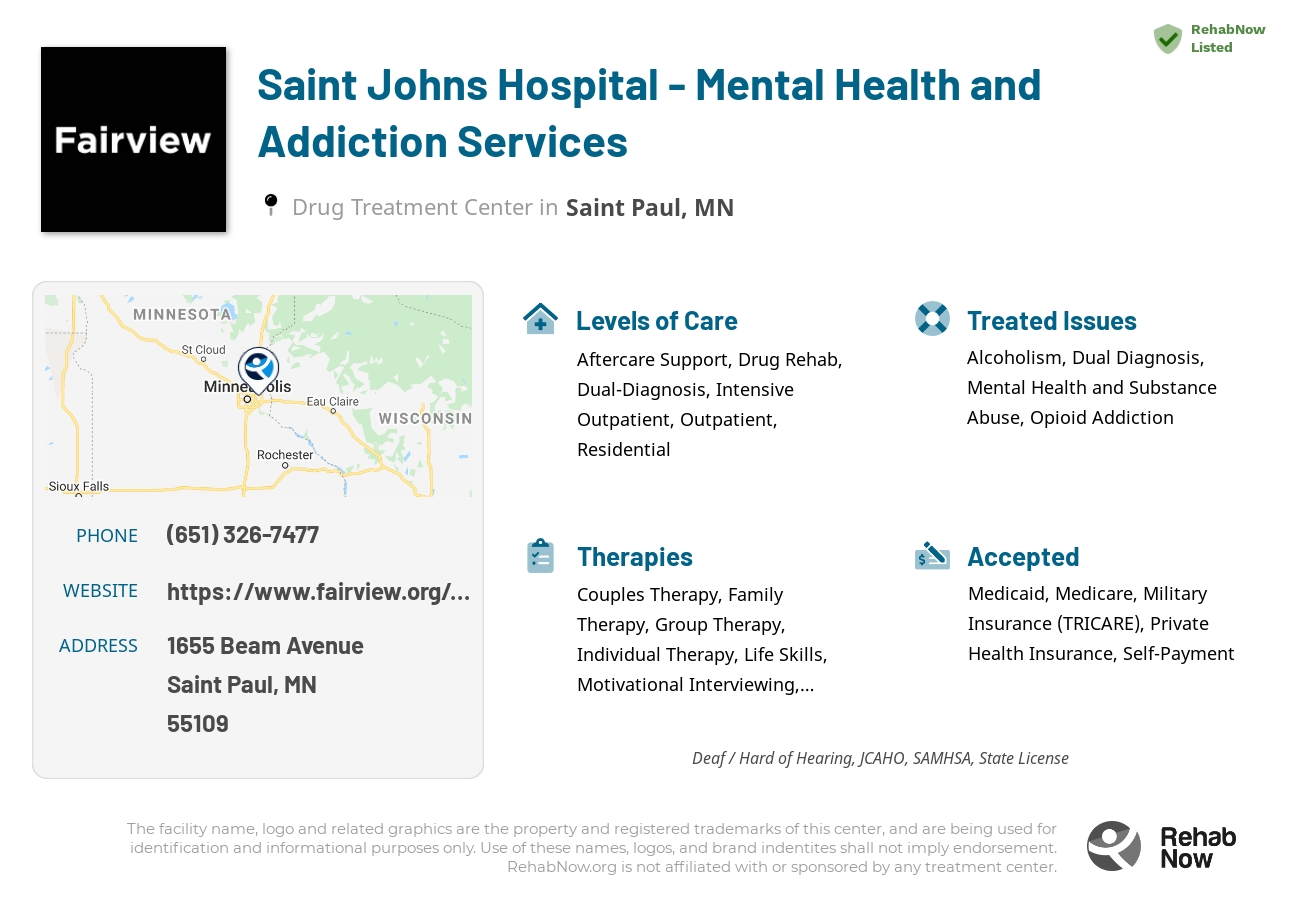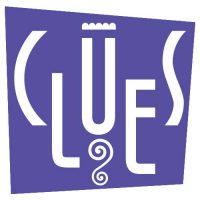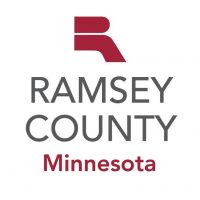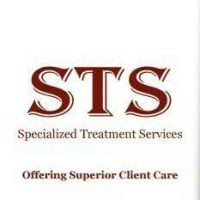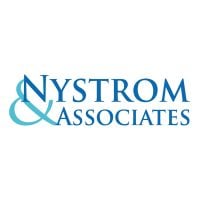Saint Johns Hospital - Mental Health and Addiction Services
Drug Rehab Center in Saint Paul, Minnesota
Saint Johns Hospital - Mental Health and Addiction Services offers comprehensive mental health and addiction treatment services, including diagnosis, individualized care plans, and aftercare services, all provided by a team of trained professionals in a safe and supportive environment.
About Saint Johns Hospital - Mental Health and Addiction Services in Minnesota
Saint Johns Hospital - Mental Health and Addiction Services provides comprehensive services for individuals in need of mental health and addiction treatment in the Saint Paul, Minnesota area. This facility offers a wide range of services to assist with diagnosis, treatment, and recovery. Their team of highly trained and experienced professionals includes psychiatrists, psychologists, therapists, social workers, and more, who work together to create individualized care plans tailored to the needs of each patient.
Saint Johns Hospital - Mental Health and Addiction Services offers a variety of treatments for addiction and substance abuse, including individual and group counseling, outpatient and residential programs, and even medication-assisted treatment when appropriate. They also provide aftercare services to help individuals maintain their sobriety and prevent relapse. Additionally, they have a variety of support groups and educational resources to ensure clients have the necessary knowledge and support to maintain sobriety.
Saint Johns Hospital - Mental Health and Addiction Services is committed to providing the highest quality of care, and is accredited by The Joint Commission and licensed by the Minnesota Department of Human Services. They also have received a variety of awards and accolades from local and national organizations. They are committed to providing a safe, comfortable, and supportive environment for all patients, and offer 24/7 crisis services for those in need.
Genders
Ages
Modality
Additional
Accreditations
State License
SAMHSA

JCAHO
Conditions and Issues Treated
Many people who struggle with opioid addiction need to attend specific programs like methadone , Suboxone or Vivitrol clinics.
These types of programs will provide the patient with legal, prescription medications that can help them overcome their cravings for illegal opioids like heroin or fentanyl . If the patient has a chronic condition like Hepatitis C, they must undergo treatment before they can begin taking these medications.
Dual Diagnosis is a specific relationship between two or more disorders that have the same symptoms and can sometimes be treated together. This is used in the treatment planning process when dealing with drug addicts. Dual diagnosis can be viewed as a chronic medical condition that has comorbid psychiatric disorders.
Although addiction and a mental illness may have separate symptoms that are not easy to detect, they often go hand in hand. Many times, drug abuse is a direct result of the mental illness. In other words, treating the addiction will not resolve all of your issues. Unless you also treat the underlying mental illness, you will not be successful in achieving sobriety.
Levels of Care Offered
This center offers a variety of custom treatment tailored to individual recovery. Currently available are Aftercare Support, Drug Rehab, Dual-Diagnosis, Intensive Outpatient, Outpatient, Residential, with additional therapies available as listed below.
An intensive outpatient program is usually the first phase of addiction treatment. It provides relief for those who are addicted, but are not ready to commit to an inpatient setting. Typically, the patient lives at home and is able to work or go to school. IOPs consist of a daily 3 to 5-hour program, and there is a required number of hours per week. Most patients go to IOP between 20 and 40 hours per week. The patient attends group counseling and individual therapy throughout the duration of treatment. They also meet daily with their therapist to discuss how it’s going and where they are in the recovery process.
The goal here is to teach patients healthy coping skills, such as stress management and identifying thoughts and behaviors that lead to relapse. The implementation of these skills will be useful as the individual transitions into the next phases of treatment.
An outpatient treatment program is set up to help with alcohol or drug addiction, or a co-occurring disorder. The patient must attend the Minnesota facility for their therapy and other programs but are able to return home each night. The frequency of mandatory attendance decreases after much of Saint Johns Hospital - Mental Health and Addiction Services‘s program is complete.
Residential treatment programs are those that offer housing and meals in addition to substance abuse treatment. Rehab facilities that offer residential treatment allow patients to focus solely on recovery, in an environment totally separate from their lives. Some rehab centers specialize in short-term residential treatment (a few days to a week or two), while others solely provide treatment on a long-term basis (several weeks to months). Some offer both, and tailor treatment to the patient’s individual requirements.
Aftercare is a term that’s used to refer to any sort of continuing care offered for a drug addict who has voluntarily entered a rehabilitation program. This type of care can be provided in several settings, including outpatient therapy sessions after the addict has completed an inpatient program. There are also 12-step support groups, such as Alcoholics Anonymous, which can provide additional help for addicts trying to stay sober.
Therapies & Programs
Individual Therapy is a critical component of addiction recovery. Therapists work with patients to identify the root of their addiction and figure out how to better handle the issues that led to them using drugs. Individual Therapy is the one-on-one session where people meet with their therapist. Individual therapy provides a safe space for people to open up and discuss personal and sensitive topics which they may not feel comfortable discussing in a group setting.
Couples therapy at Saint Johns Hospital - Mental Health and Addiction Services focuses on addiction treatment for the addict and their spouse. The addict’s family, not just the addict, can benefit from this form of therapy. Couples therapy addresses communication problems, trust issues, lack of intimacy, and abuse in intimate relationships. Couples therapy can help rebuild trust between partners, which increases the chances for successful treatment and sustained recovery.
Intimate relationships can be damaged during addiction, and professional help may be necessary to rebuild the often destroyed trust and love. Couples therapy at Saint Johns Hospital - Mental Health and Addiction Services helps couples improve communication and rebuild trust. Either or both partners will be helped by this treatment administered by professionals. This treatment can also help one or both partners if addiction is the problem.
Family therapy will also help families realize that the addiction is not their fault. For many years, people blamed themselves for an addict’s behavior and felt that they had done something wrong. This is not the case. Addiction is a disease, and it can strike anyone, even if their life seems fine from the outside. It can bring a lot of shame to a family when they have an addict in their midst, but if everyone is open and honest with each other, then they can help everyone stay in recovery.
Group Therapy is utilized by drug treatment centers like Saint Johns Hospital - Mental Health and Addiction Services to provide the recovering drug addict with a platform to talk about their feelings and experiences. It also provides for an opportunity to learn from other addicts who have successfully overcome their addiction.
Group Therapy is employed in lectures, seminars, or discussion groups (the latter two are typically conducted as “therapy groups”). It is recommended that all group members be recovering addicts for this type of therapy to work (though it does not exclude others with lived experience).
Trauma therapy is a clinical process that helps individuals deal with mental stress often caused by traumatic events. It is generally done for children, teenage victims of sexual assault, and war veterans. The therapist helps the person identify, understand and work through the problem. This is done with the help of talking about it in group or one-on-one counseling sessions. Therapists use relaxation, role-playing, art, and music to help the person open up about what is bothering them.
Cognitive behavioral therapy is also a popular service for individuals living with addiction. This type of supportive treatment uses both one-on-one counseling and group sessions to teach addicts how to identify thoughts, behaviors and emotions that might increase their risk of relapse.
These professionals can help addicts develop coping skills for managing stress, improving self-esteem and overcoming triggers. They might also use behavioral therapy to help addicts learn how to avoid cravings and warning signs that could lead them back into addiction.
Therapy can be used as a step-down from inpatient treatment or as the primary method of overcoming an addiction. No matter which option is best for the addict, they will teach important emotional coping techniques, which can make it easier for addicts to get through the tough days.
Training in improved life skills helps those recovering from addiction feel more capable of self-care. Saint Johns Hospital - Mental Health and Addiction Services are daily skills that give the person the tools they need to survive.
The therapy covers practical activities like cooking, job hunting, social interaction, and money management, helping to fill in the knowledge gaps caused by addiction.
These life skills help the person self-manage their recovery and stay on track. It also reduces relapse risk as they gain confidence in their day-to-day abilities.
Payment Options Accepted
For specific insurance or payment methods please contact us.
Is your insurance accepted?
Ask an expert, call (888) 674-0062
Fairview Health Services Associated Centers
Discover treatment facilities under the same provider.
- Fairview Health Services - Highland Park in Saint Paul, MN
- Fairview Health Services - Columbia Heights in Anoka, MN
- Fairview Health Services - Town Square Building in Forest Lake, MN
- M Heatlh Fairview Counseling - Andover in Andover, MN
- Fairview Health Services - Brooklyn Park in Minneapolis, MN
Learn More About Fairview Health Services Centers
Additional Details
Specifics, location, and helpful extra information.
Saint Paul, Minnesota 55109 Phone Number(651) 326-7477 Meta DetailsUpdated November 25, 2023
Staff Verified
Saint Johns Hospital - Mental Health and Addiction Services Patient Reviews
There are no reviews yet. Be the first one to write one.
Saint Paul, Minnesota Addiction Information
Minnesota is fighting an opioid epidemic that is leaving hundreds of its residents dead each year. Both prescription opioids and illicit opioids are widely abused in the Land of 10,000 Lakes. Heroin continues to be one of the most commonly abused drugs in the state, if not the most common illicit drug. Over 10% of all treatment admissions in Minnesota list heroin as their drug of choice.
Methamphetamine use has led to increased crime in Saint Paul, MN. There were 1,497 drug-related crimes in Saint Paul in 2017. This number represents a 9% increase from the previous year. The community has been hit hard by the opioid epidemic as well. The greatest way to locate the finest rehabilitation facility in Saint Paul, Minnesota, is to inquire about it by talking with your friends, family, and coworkers.
Treatment in Nearby Cities
- Grand Marais, MN (228.0 mi.)
- Princeton, MN (46.0 mi.)
- Crookston, MN (255.3 mi.)
- La Crescent, MN (119.2 mi.)
- Minneapolis, MN (11.9 mi.)
Centers near Saint Johns Hospital - Mental Health and Addiction Services
The facility name, logo and brand are the property and registered trademarks of Saint Johns Hospital - Mental Health and Addiction Services, and are being used for identification and informational purposes only. Use of these names, logos and brands shall not imply endorsement. RehabNow.org is not affiliated with or sponsored by Saint Johns Hospital - Mental Health and Addiction Services.





